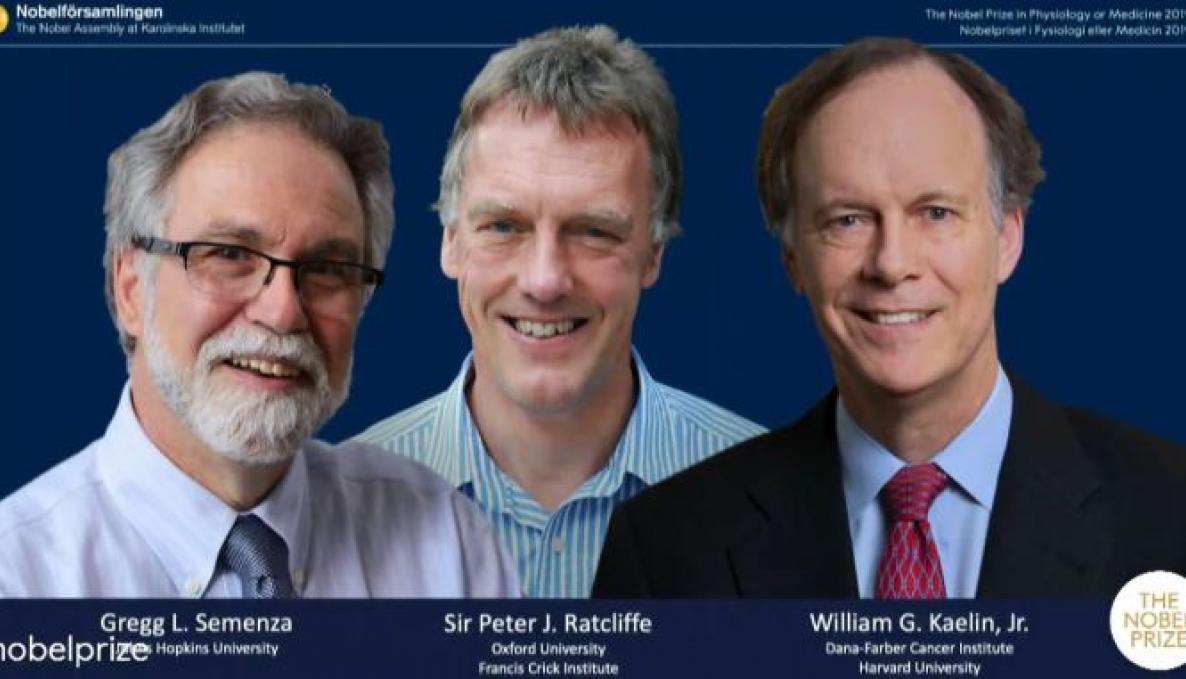NOBEL Prize in medicine awarded to peter RATCLIFFE FOR research on PHYSIOLOGICAL adaptation to hypoxia: together with researchers from the Sant’Anna School and the University of Pisa have co-authored a paper recently published in Science journal

On October 7, William Kaelin, Peter Ratcliffe and Gregg Semenza have been awarded the Nobel Prize in Medicine 2019 for their research identifying the oxygen sensing mechanism enabling cells to respond to varying levels of oxygen. Sir Peter Ratcliffe (Oxford University) together with researchers from the Sant’Anna School PlantLab (Life Sciences Institute) and the University of Pisa Biology Dept., have co-authored a paper recently published in Science journal on these same oxygen sensing mechanisms, the cysteine oxidases controlling responses to hypoxia in plants.
Peter Ratcliffe and co-authors Professor Pierdomenico Perata (PlantLab), Professor Francesco Licausi (University of Pisa, Biology Dept.), Beatrice Giuntoli (University of Pisa, Biology Dept.), Mikel Lavilla, (Sant’Anna School PhD Student), discovered enzymatic oxygen sensors in humans that are functionally identical to plant cysteine oxidases, the enzymes that control responses to hypoxia in plants.
“Together with Peter Ratcliffe, we demonstrated that through the stabilization of hypoxia-inducible factor-1 (HIF-1) the 2-aminoethanethiol dioxygenase conserved enzymatic oxygen sensor which leads to a better understanding of adaptive responses to hypoxia. Discovering how the body and plants respond to hypoxia and changes in oxygen levels enabling them to thrive in submergence and the highest-altitude zones, the mechanisms will give scientists new routes to treatment for anemia, cancer, heart disease and other conditions”, said Pierdomenico Perata, speaking on behalf of the research group,
The research group at Sant’Anna School PlantLab. composed of Pierdomenico Perata, Francesco Licausi, Beatrice Giuntoli and Adrian Weits, has increased the knowledge of how plant and animal cells, when oxygen is in short supply, respond by making new oxygen-carrying cells. This oxygen sensing mechanism has been investigated extensively by the Nobel Laureates leading to these fundamental findings that could help doctors to control oxygen levels in patients’ bloodstream and to prevent cancers growing new blood vessels.
Cover photo: the 2019 Nobel Prize Winners in Medicine



